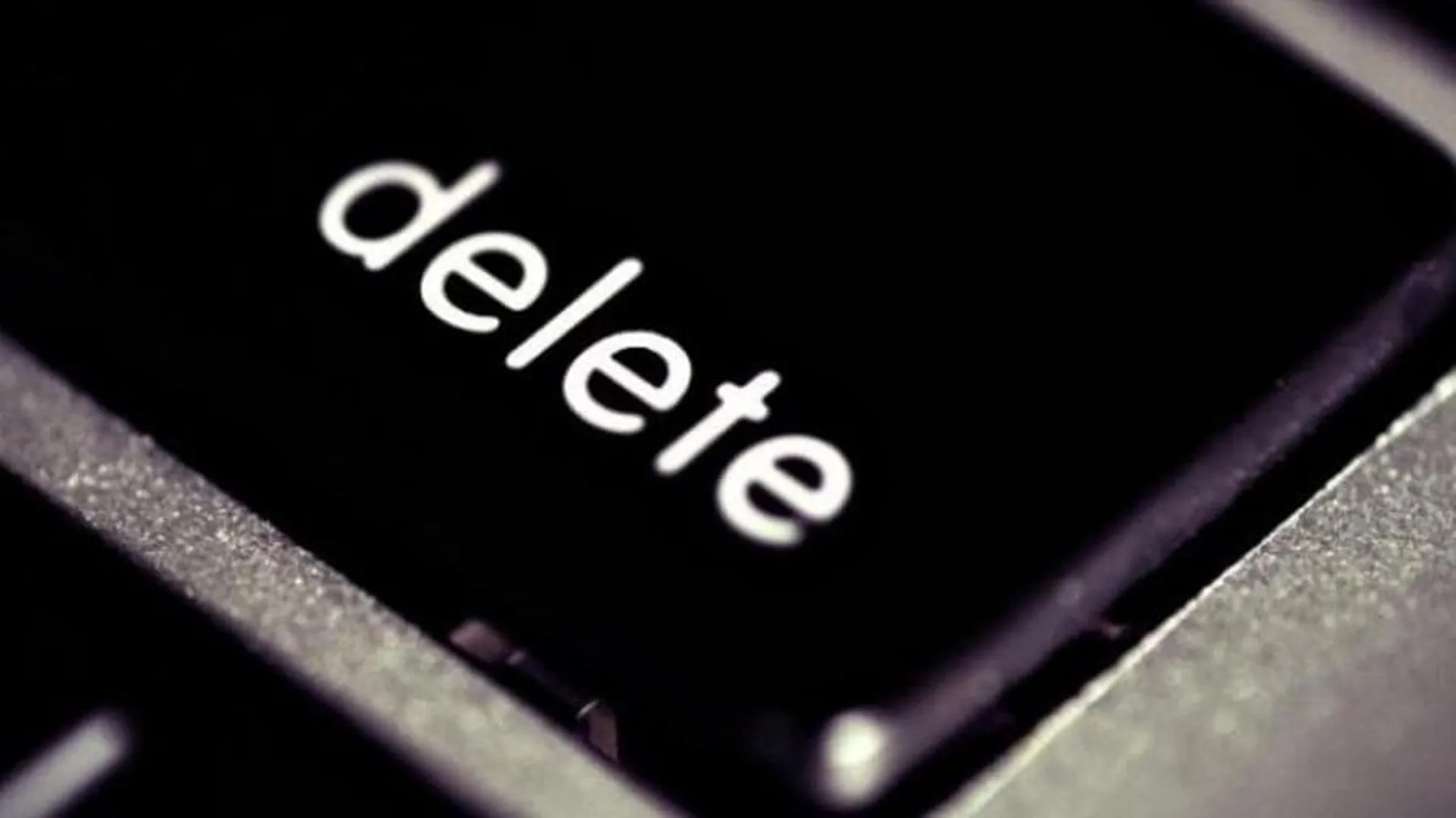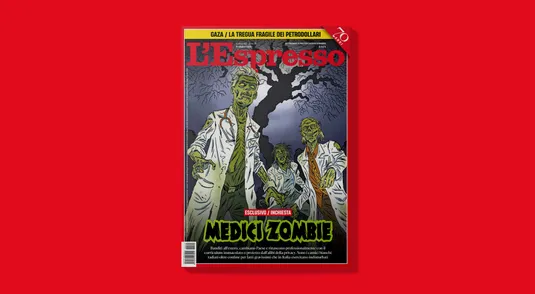The right to report information has an expiry date just like milk, yogurt or a pint of ice cream. That’s essentially the summarized, non technical version of the of the Italian Supreme Court of Cassation ruling 13161, which on 24 june 2016 upheld a 2013 decision by the Court of Chieti at Ortona (Abruzzo Region).
The case originated when the owners of a restaurant decided that they no longer would accept that a news piece reporting on an legal case in which they were involved was accessible online from the archives of Primadanoi.it, a local news website of the Abruzzo region (here the report about the events by Primadanoi.it).
The plaintiffs did not dispute the veracity of the facts reported in the article, which is incidentally a case still at bar, nor the circumstance that, at least as the local community is concerned, the news story was undeniably of public interest. They just argued that, two and half years from the events reported in the story, the right to inform the public could no longer be invoked to justify the permanence online of a story that was damaging their reputation and the image of their restaurant.
Primadanoi.it refused to take down the news item from their online archive, and the restaurant owners filed a suit with the Court in Ortona to have it removed. This Courts' ruling made the headlines in that it adjudged that two years having passed from the events and from when the article was first published, its remaining online, if only on the archive website, no longer appeared justified or justifiable in the name of right to report information.
This is when in this story insult was added to injury.
Since in the course of the proceedings the publisher had decided to remove the offending article in the hope to move on from the controversy, the Court could not order the article to be removed. The ply the Court had to resort to — so to speak — was to condemn the outlet to pay an indemnification for the offense (in addition to a reimbursement for the costs) with the rationale that they had kept the article accessible online for too long.
The whole story appeared like a schoolbook case of a judicial error, a macroscopic misinterpretation of the right to be forgotten, and that the Court's decision was bound to be repealed and cancelled from history by the judges.
This is not, however, how the story went.
With the June 24 ruling, the Judges shared and confirmed the principle laid down by their colleagues at the Ortona Court: "The fact that the news article was easily searchable and accessible, and bearing in mind furthermore the widespread readership of the local online newspaper, leads to the conclusion that the time passed between the date it was first published and that when its remove was requested sufficed to satisfy the public interest as far as its right be informed was concerned, and that therefore, at least from the date when the formal notice was received on, that data could no longer be disclosed...".
The "expiry date" for the right to inform the public was in this case set — by the Judges alone, and absent any law — at two and a half years [i.e. the time passed from when the article was published and when the formal request to remove it by the restaurant owners was delivered].
The rationale of the Justices on the matter is disarmingly simple: given the widespread accessibility of news pieces published online, two and a half years should be considered an appropriate period of time for the right of the public interest to be informed to be met, and thus, the right to privacy of an individual prevails once more over the right of the general public to be informed and the right of the press to inform.
The principle so established, absent any correction, has a potential fallout on historical archives of every major online newspaper. It could play out lightly but unyieldingly, like dominoes. From tomorrow on anyone could request not only to have articles regarding him or her deindexed, but also to have them cancelled outrightly, regardless of the events told and even in cases like this this where proceedings are still Sub judice.
Tons of online information would end up in a digital "dump site" — perhaps with the exception of those daily news stories which over the years turn into elements of contemporary history owing to their extraordinary social significance. Such was the case of a former Italian terrorist who requested for himself the right to oblivion, but was denied it by the Italian Data Protection Agency.
Can the right to inform indeed have an expiry date? And is it up to a liable individual who features in a news story to decide when the time has come to remove that story from the collective knowledge and get rid of it like any product that has survived its “best consumed before…” date?
The feeling is that there is still a long way to go to reconcile the right to be forgotten with freedom of the press, and to better balance the interest of the individual and that of the community.
The time has come perhaps for each of us to learn to live with our own past, because otherwise, what awaits us is a future devoid of the collective memory that nurtured democracy along the centuries.
*Guido Scorza is an Italian lawyer specialized in Media and Digital Law. He was not involved in the legal proceedings described
This is the English translation and adaptation of a post published in Italian on 30 June 2016 La Cassazione ai giornali online: la cronaca “scade”. Cancellare tutto dagli archivi. Part of the ruling by the Supreme Court of Cassation may be found in the story published byt Primadanoi.it
A ruling by the Italian Supreme Court: News do "expire". Online archives would need to be deleted
LEGGI ANCHE
L'E COMMUNITY
Entra nella nostra community Whatsapp
L'edicola
Medici Zombie - Cosa c'è nel nuovo numero de L'Espresso
Il settimanale, da venerdì 17 ottobre, è disponibile in edicola e in app



